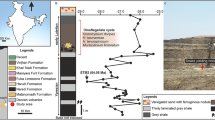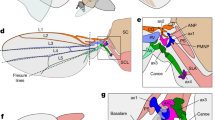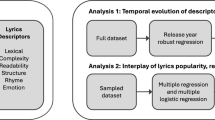Abstract
TWENTY-FIVE years ago it was my privilege to teach Prof. Wood Jones; he now repays me with interest and with some degree of vigour. The matter wherein we differ has a very direct interest, not only for those who are seeking to unravel the history and relationships of man by means of anatomical evidence, but also for every zoologist who relies on structural details for arranging animals in a natural or evolutionary series. In man and in the four anthropoid apes—the gorilla, chimpanzee, orang, and gibbon—the tail has undergone a peculiar transformation—a sacralisation it may be named—for its vertebræ have become a mere submerged appendix of the sacrum. The depressor muscles of the tail have become spread out to form a muscular hammock on which the pelvic viscera are supported. With this sacralisation of the tail there are numerous correlated changes in the vertebræ and muscles of the spine, in the musculature of the body-wall and thorax, and in the shape and arrangement of the viscera of the body-cavities.
This is a preview of subscription content, access via your institution
Access options
Subscribe to this journal
Receive 51 print issues and online access
$199.00 per year
only $3.90 per issue
Buy this article
- Purchase on Springer Link
- Instant access to full article PDF
Prices may be subject to local taxes which are calculated during checkout
Similar content being viewed by others
Rights and permissions
About this article
Cite this article
KEITH, A. [Letters to Editor]. Nature 107, 487–488 (1921). https://doi.org/10.1038/107487b0
Issue Date:
DOI: https://doi.org/10.1038/107487b0
Comments
By submitting a comment you agree to abide by our Terms and Community Guidelines. If you find something abusive or that does not comply with our terms or guidelines please flag it as inappropriate.



